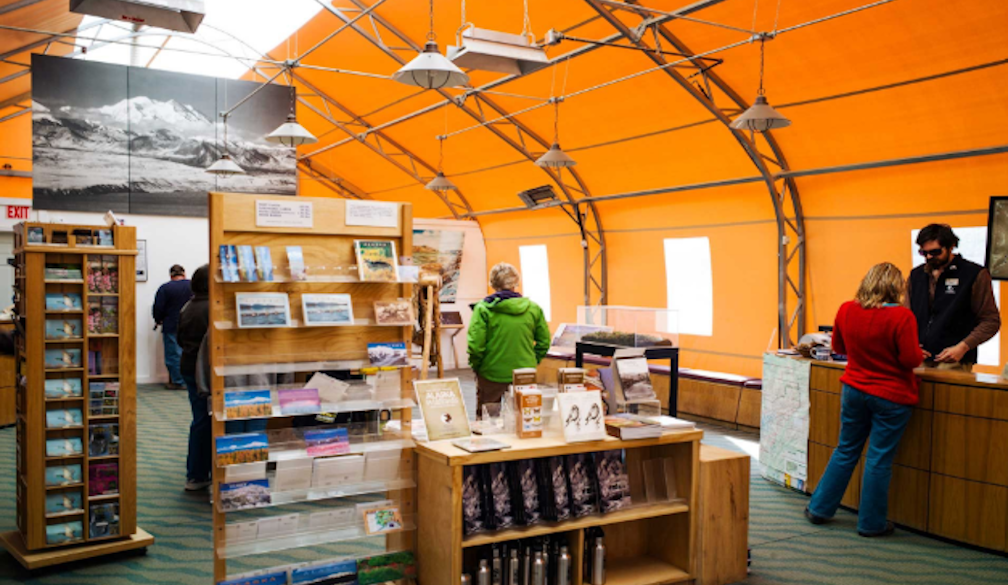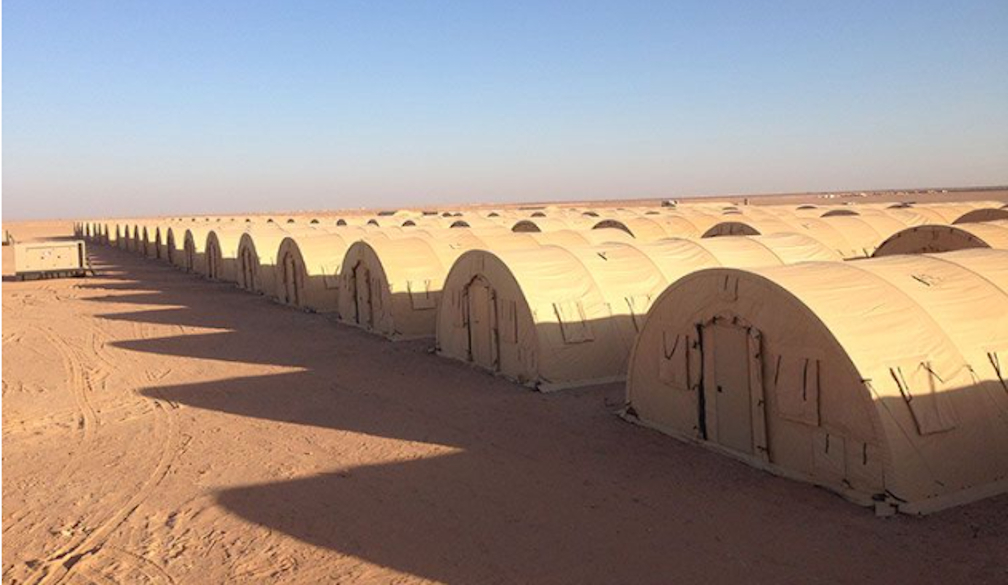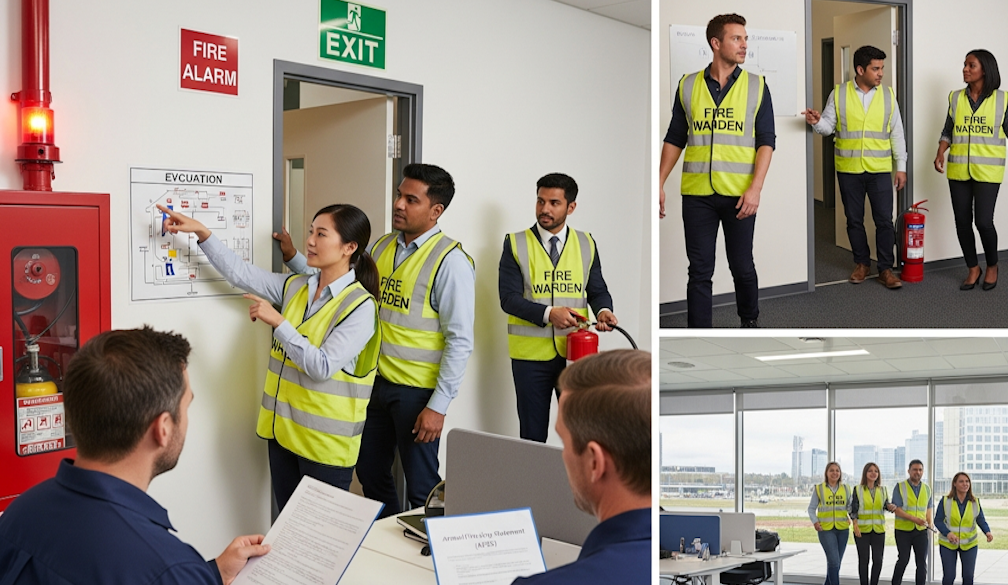SMSF Setup Online for Control, Transparency, and Smarter Retirement Planning
- Written by Metropolitan Digital

Managing retirement savings is one of the most important long-term financial decisions, which is why SMSF Setup Online has become an increasingly popular option for individuals seeking greater control over their superannuation. A Self-Managed Super Fund allows members to take an active role in how their retirement funds are invested, while an online setup process makes this pathway more accessible and efficient than ever before. With the right guidance and structure, setting up an SMSF online can be a strategic step toward personalised retirement planning.
Online SMSF setup services simplify what was once a complex and paperwork-heavy process. By combining professional expertise with digital convenience, individuals can establish their fund with clarity and confidence. This approach supports informed decision-making while ensuring compliance with regulatory requirements from the very beginning.
Understanding What an SMSF Is and Why Setup Matters
An SMSF is a private superannuation fund that members manage themselves. Unlike traditional super funds, where investment decisions are made by fund managers, an SMSF gives members direct control over investment choices and strategy. This control appeals to individuals who want flexibility and transparency in how their retirement savings are managed.
The setup stage is critical because it establishes the legal and operational framework of the fund. Decisions made at this point affect compliance, investment flexibility, and long-term efficiency. A structured online setup process ensures that the fund is created correctly, helping avoid costly mistakes later.
Why More People Are Choosing Online SMSF Setup
The shift toward online services reflects a broader demand for convenience and clarity. SMSF setup online allows individuals to complete the establishment process without unnecessary delays or confusion. Digital platforms streamline documentation, reduce manual errors, and provide step-by-step guidance throughout the process.
Online setup also improves accessibility. Individuals can initiate their SMSF setup at a time that suits them, without the need for multiple in-person appointments. This efficiency is particularly valuable for those who want to move quickly or who prefer clear, guided processes supported by professional oversight.
The Steps Involved in SMSF Setup Online
Setting up an SMSF online typically involves several structured steps. The process begins with selecting trustees, who are responsible for managing the fund and making decisions in line with superannuation laws. Trustees can be individuals or a corporate trustee structure, depending on personal preference and long-term strategy.
Next, the trust deed is prepared. This legal document outlines how the fund operates, including rules for contributions, investments, and benefits. Online SMSF setup services ensure the trust deed is compliant and tailored to current regulations. The fund is then registered with the relevant authorities, and a bank account is established to manage contributions and investments.
Compliance and Regulatory Considerations
Compliance is a central responsibility of SMSF trustees. Superannuation laws are detailed and subject to change, making it essential that the fund is established correctly from the outset. Online SMSF setup services are designed to align with current regulatory requirements, reducing the risk of non-compliance.
Proper setup ensures that reporting obligations, audit requirements, and investment rules are clearly defined. This foundation supports smoother ongoing management and helps trustees meet their legal responsibilities with confidence.
Investment Flexibility and Strategic Control
One of the main reasons individuals choose an SMSF is the ability to tailor investments to personal goals. SMSFs can invest in a wide range of assets, including shares, property, and managed investments, provided they comply with superannuation rules. This flexibility allows trustees to align investment strategy with risk tolerance and retirement objectives.
Online SMSF setup supports this flexibility by establishing the fund in a way that accommodates diverse investment strategies. Clear documentation and correct structuring help ensure that investment decisions remain compliant while offering room for strategic planning.
Cost Awareness and Long-Term Efficiency
Cost considerations play an important role in deciding whether an SMSF is suitable. While SMSFs offer control, they also involve responsibilities and expenses such as accounting, auditing, and compliance. An efficient online setup helps manage initial costs by reducing administrative overhead and avoiding errors that could lead to penalties.
Understanding ongoing obligations from the start allows individuals to assess whether an SMSF aligns with their financial position and long-term plans. Online services often provide clarity around responsibilities, helping trustees make informed decisions about managing costs effectively.
Who Is Best Suited to SMSF Setup Online
SMSFs are generally most suitable for individuals who are comfortable taking an active role in managing their superannuation. This includes understanding investment principles, compliance requirements, and long-term planning. Having sufficient super balance is also important to ensure the fund remains cost-effective.
Online setup services are particularly beneficial for individuals who value structure and guidance. By combining professional support with digital efficiency, these services help ensure that the fund is established correctly while allowing trustees to remain informed and involved.
Common Misconceptions About SMSFs
Some people believe that SMSFs are overly complex or only suitable for financial experts. While SMSFs do involve responsibility, online setup services have made the process more accessible. With the right support, many individuals can manage an SMSF effectively and confidently.
Another misconception is that SMSFs guarantee higher returns. Like any investment structure, outcomes depend on strategy and market conditions. An SMSF provides control and flexibility, not guaranteed performance. Understanding this distinction is key to setting realistic expectations.
Making Informed Decisions With Online SMSF Setup
SMSF setup online offers a practical pathway for individuals seeking control, transparency, and flexibility in managing retirement savings. By simplifying the establishment process and ensuring compliance from the outset, online services help trustees start with confidence.
Choosing to set up an SMSF is a significant decision that should align with financial goals, risk tolerance, and willingness to manage responsibilities. With a clear understanding of the process and professional support, online SMSF setup can be a powerful tool for building a tailored and well-structured retirement strategy.










